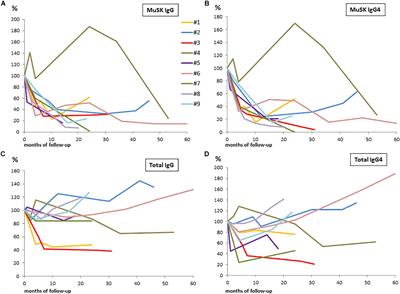EDITORIAL
Published on 28 Aug 2020
Editorial: Advances in Autoimmune Myasthenia Gravis
doi 10.3389/fimmu.2020.01688
- 3,066 views
- 5 citations
56k
Total downloads
271k
Total views and downloads
EDITORIAL
Published on 28 Aug 2020
REVIEW
Published on 10 Jun 2020

REVIEW
Published on 03 Jun 2020

REVIEW
Published on 27 May 2020

ORIGINAL RESEARCH
Published on 19 May 2020

REVIEW
Published on 08 May 2020

ORIGINAL RESEARCH
Published on 06 May 2020

ORIGINAL RESEARCH
Published on 05 May 2020

ORIGINAL RESEARCH
Published on 16 Apr 2020

ORIGINAL RESEARCH
Published on 17 Mar 2020

ORIGINAL RESEARCH
Published on 10 Mar 2020

REVIEW
Published on 04 Mar 2020

